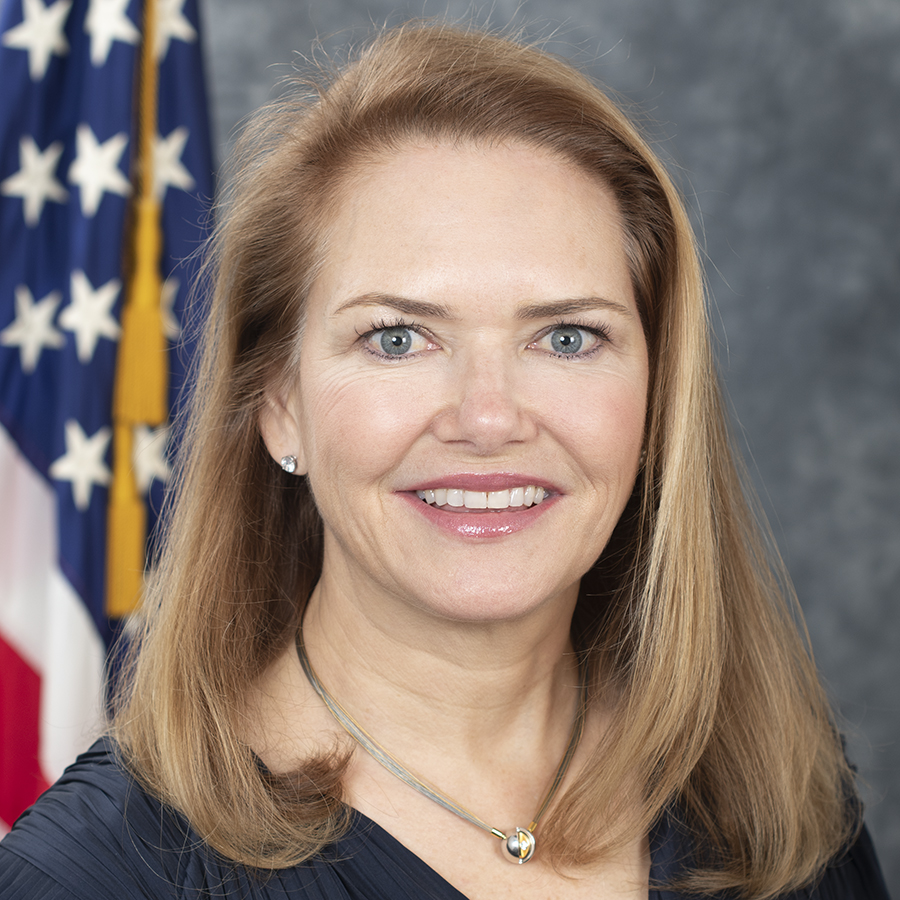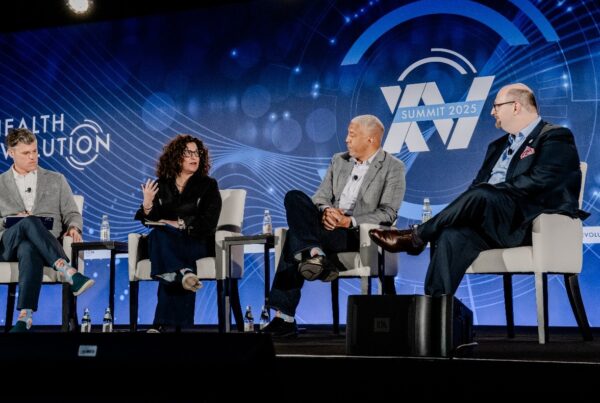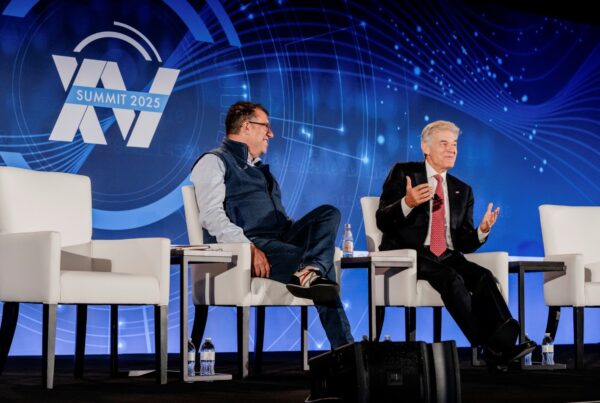COVID-19 has been a trying time for even the most venerable of CEOs, policymakers and influencers in health care. From the physical to the financial to the mental toll, the pandemic has ravaged and disrupted like few events before it.
However, from this difficulty comes the promise of a newer, more efficient health care system. Health care CEOs and leaders alike see this pandemic as an opportunity to fulfill the promise of the triple aim. The long-term effects of this pandemic could mean greater access via telehealth and virtual technologies, faster development of evidence-based medicine, greater investment into public health infrastructure and more.
Health Evolution has hosted a number of executive briefing webcasts since April with some of the brightest and most influential leaders in the industry, sharing their in-depth insights on COVID-19. What have they learned from a leadership perspective? What do they hope are the long-term effects of this pandemic?
Here are some of the up-to-date highlights of our conversations on COVID-19 from 10 of the most influential health care leaders.
We have more executive briefings coming up on COVID-19 and other important topics. Learn more here.
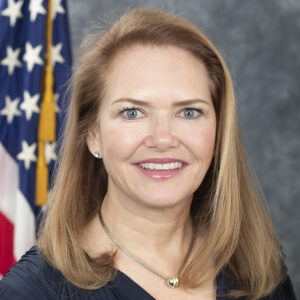
1. “As we move to the other side of the COVID-19 story, one of the top things we’ll need to do is to step back and understand what we learned about how to improve the efficiency of evidence development. How do we make sure that we maintain our commitment to safety and effectiveness but do so in ways that perhaps change up the overall evidence development cycle?”
Amy Abernethy, MD, Principal Deputy Commissioner of the Food and Drugs Administration
Regulatory Framework: Federal Government’s Evaluation and Application of AI
COVID-19: A turning point for AI regulation in health care
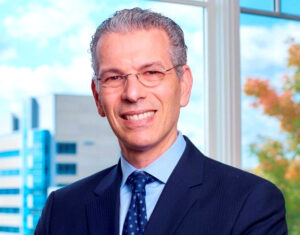
2. “The only victor in war is medicine. We’re in a war right now. It happens to be with a virus, but the victor in this could be medicine because we are able to do things, such as having doctors be licensed across state lines, that we’ve spent years trying to do.”
David Feinberg, MD, Google Health Vice President
Changing Public Behavior: Pandemic Education and Communication
How CVS, Teladoc and Google Health view consumerism during COVID-19
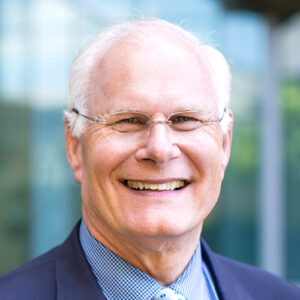
3. “This is going to take every bit of leadership to help us through this period. We’ve learned a lot of lessons, we’re going to learn a lot more. I hope when we come out of this, we change the public health infrastructure for good.”
Mark Laret, CEO of UCSF Medical Center
Providers On the Front Line: Lessons Learned
CEOs share early COVID-19 lessons learned to prepare for the next outbreak

4. “We need at least a national if not an international approach to pandemics. An outbreak in a fish market matters to all of us. Pulling inward and distancing yourself from the rest of the world is a mistake. It matters what happens in Africa, it matters what happens in Asia.”
Francis DeSouza, CEO of Illumina
Science Making Landfall: Update on Diagnostics, Vaccination and Therapeutics
Health care leaders share biggest fears, hopes amid COVID-19

5. “It’s digital on multiple fronts. Data that people can use to track their own symptoms and connect either through their physician or directly to get a test and then get advice on what they need to do based on the result of the test. It’s tools that businesses are already starting to use at a large scale to help their work force come back safely.”
Mark McClellan, MD, Director, Duke-Margolis Center for Health Policy & Robert J. Margolis, M.D., Professor of Business, Medicine and Policy, Duke University
COVID Phase 2: Charting a Path Out of the Crisis
CEOs, policymakers discuss path out of COVID-19 crisis

6. “The other pieces that have been critically important are being transparent, sharing data, keeping the lines of communication open for multiple stakeholders. In a time of chaos people need direction. Even if we don’t know enough about COVID, to actually be able to communicate what we do know and the areas of uncertainty has been critical.”
Alice Chen, MD, Deputy Secretary for Policy and Planning and Chief of Clinical Affairs, California Health and Human Services Agency, California
Leadership During a Crisis: Authenticity, Decision Making and Communication
CEOs share leadership advice for COVID-19 crisis
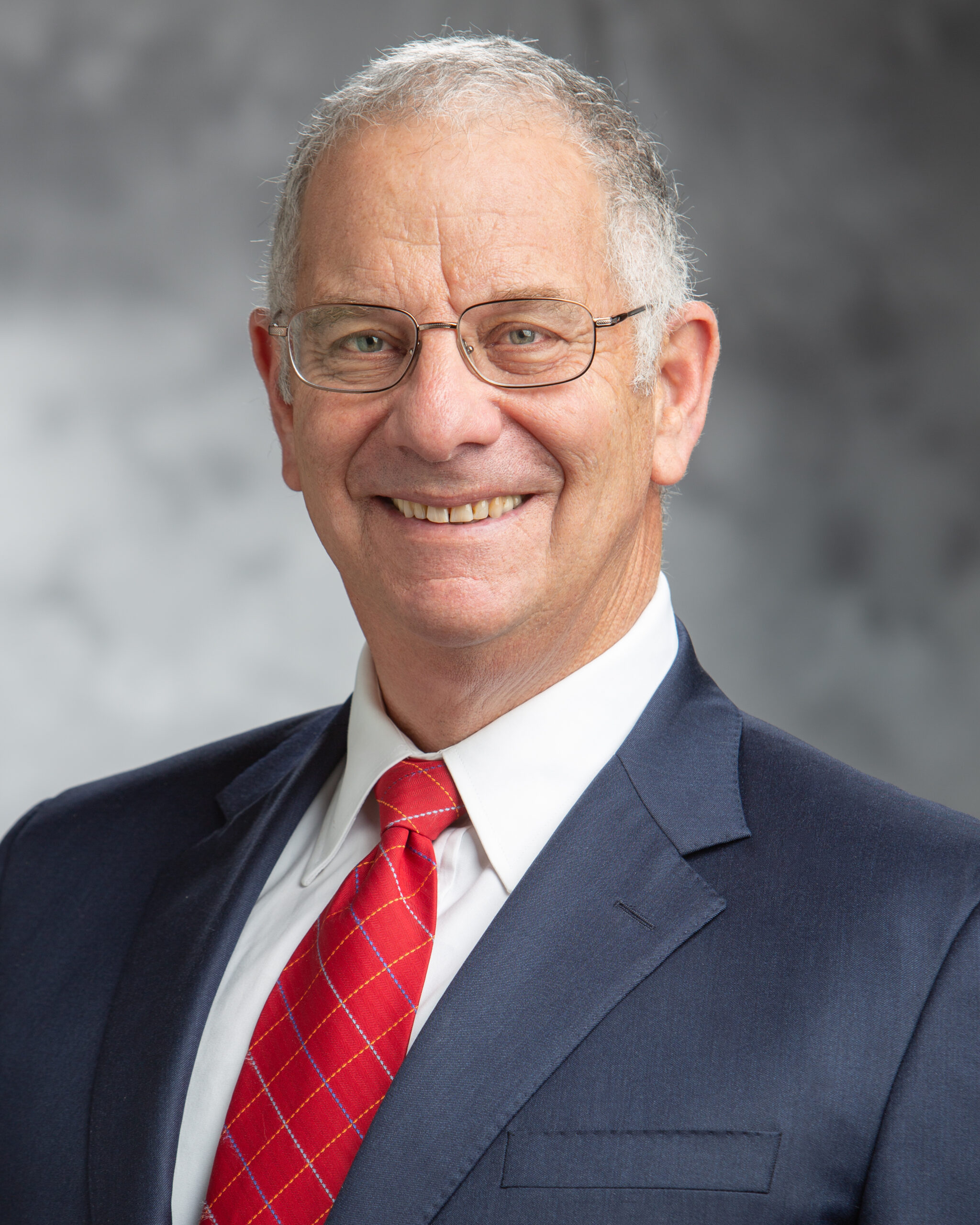
7. “Health care is a tough business, you have to make a lot of difficult decisions. Make the right decision. It may get you fired…but make the right decision.”
Peter Fine, CEO of Banner Health
Leadership During a Crisis: Authenticity, Decision Making and Communication
CEOs share leadership advice for COVID-19 crisis

8. “There is an enemy. That enemy should be clearly identified on who it is and who it isn’t. The enemy is not China, the enemy if you’re a Democrat is not Republican, the enemy isn’t a Democrat if you’re a Republican, the enemy is a virus. The approach we have to take when we’re at our most successful is keeping politics away from the decision making and to focus our collective efforts on this virus.”
Andy Slavitt, CEO of United States of Care and former administrator of CMS
Collaborative Efforts to Address COVID-19 and State Re-Openings
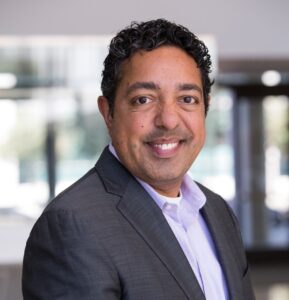
9. “We aren’t even done – we’re still in this fight. And now is the time to prepare your technology and infrastructure if there is going to be a worsening in the fall.”
Atul Butte, MD, UCSF Chief Data Scientist
Battling COVID-19 with Surveillance Data and IT Capabilities
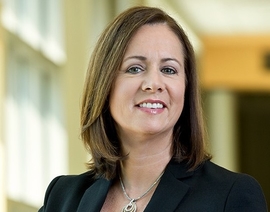
10. “Our strategy going into COVID was ‘everything that can be digital, will be. Everything that can be done in the home will be.’ We had a foundation that allowed us to turn what was 1 virtual primary care practice into 170 different practices using virtual technology.”
Janice Nevin, MD, CEO of ChristianaCare
Impact of COVID-19 on Physician Practice Economics: Collaboration to Maintain the Health Ecosystem
CEOs explain how to help physician practices navigate the COVID-19 crisis

